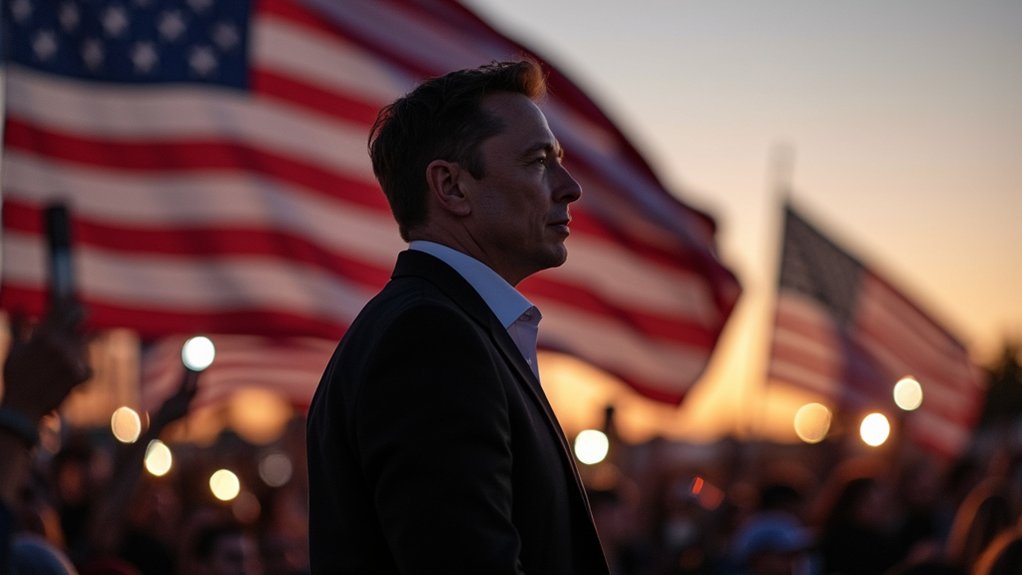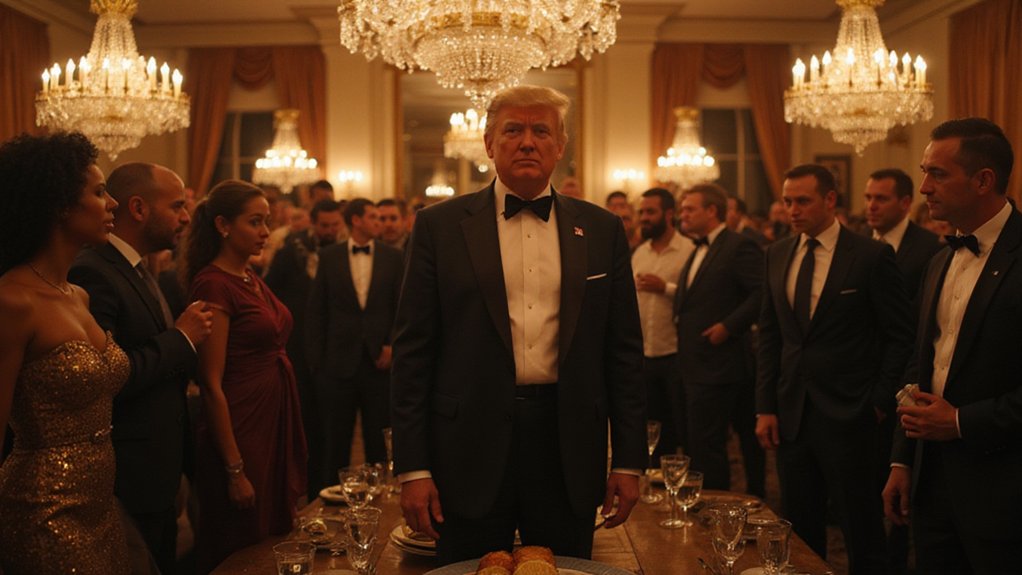While most billionaires content themselves with buying social media platforms or launching rockets into space, Elon Musk has decided to tackle what he apparently considers his greatest engineering challenge yet: American democracy itself. On July 5, 2025, Musk announced formation of the “America Party” following a poll on X where 65% of 221 million respondents supported creating a new political entity—though one might question whether social media polling constitutes rigorous market research for constitutional governance.
The party’s genesis traces directly to Musk’s visceral opposition to Trump’s $3.3 trillion “Big, Beautiful Bill,” legislation that combines tax cuts favoring the wealthy with reduced Medicaid and food assistance spending. Musk’s critique centers on fiscal irresponsibility, though Trump counters that Musk’s opposition stems from losing electric vehicle tax credits that could damage Tesla’s bottom line—a deliciously circular argument about whose financial interests truly drive policy positions.
Rather than pursuing traditional third-party strategies of presidential campaigns and inevitable electoral college defeats, Musk’s approach demonstrates tactical sophistication. The America Party aims to capture 2-3 Senate seats and 8-10 House districts, potentially holding the balance of power in Congress’s narrow margins. This strategy acknowledges mathematical reality: wielding disproportionate influence through strategic positioning rather than attempting wholesale political revolution. Musk’s targeted approach represents a concentrated force strategy designed to disrupt what he characterizes as the existing political establishment.
Musk’s America Party bypasses presidential theatrics, targeting strategic congressional seats to wield outsized influence through mathematical precision rather than populist revolution.
However, organizational challenges loom large. The party hasn’t registered with the Federal Election Committee, facing complex regulations governing political committee status and spending limits. Musk’s existing America PAC operates as a super PAC, allowing unlimited donations while requiring independence from party operations—a structural separation that complicates coordination. The FEC currently operates one commissioner short of the four-member quorum needed for meetings and actions, potentially delaying processing of any future party registration. Given the evolving landscape of digital finance and political funding, regulatory compliance has become increasingly crucial for organizations operating in both traditional and innovative financial sectors.
Additionally, most states prohibit fusion candidacies, limiting strategic flexibility for candidates seeking multiple party endorsements. The party’s positioning as an independent caucus engaging both major parties reflects Musk’s characteristic confidence in disrupting established systems.
Whether American voters will embrace another political experiment from the world’s wealthiest entrepreneur remains unclear, particularly given constitutional barriers preventing Musk from seeking the presidency himself. Perhaps democracy’s greatest challenge isn’t engineering better solutions, but convincing 335 million Americans to download the latest political operating system.









